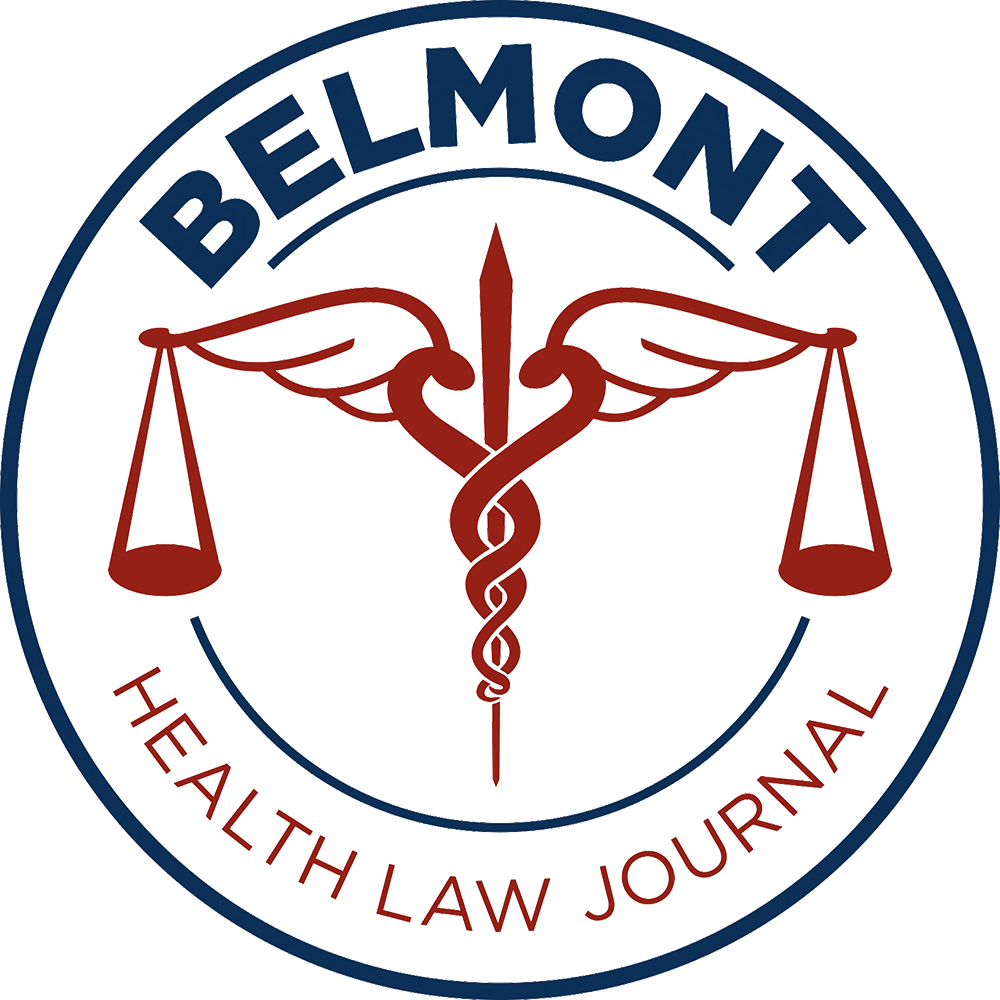Alisha Patel, Class of 2022, Belmont Law
A recent report by the Kaiser Health News reported that rural health hospitals are struggling to keep doors open or even pay back their Medicare Accelerated and Advance Payment loans they received to assist navigating the pandemic. However, repayment of these loans is officially due this month and if they are not paid, federal regulators may stop reimbursing the hospital for Medicare patients’ treatments until the loan is fully repaid.
Medicare’s Accelerated and Advance Payments Program existed before the pandemic, and hospitals would only access these funds in times of emergencies such as hurricanes or tornadoes. The Coronavirus Aid, Relief, and Economic Security (CARES) Act expanded the Accelerated Payment Program to include during a public health emergency acute care hospital, but also critical access hospitals and cancer hospitals. The CARES Act also issued more flexible payment and repayment terms for these providers. The Centers for Medicare & Medicaid Services (CMS) provided $59.6 billion in accelerated payments to Medicare Part A providers, including hospitals, during the early weeks of the pandemic. These payments provided critical funding to our hospitals and health systems and were used to support front-line health care workers, build new sites of care to minimize the spread of the virus, and purchase the ventilators, drugs and supplies necessary to care for critically ill patients. Full repayment of a hospital’s loan is technically due one hundred and twenty days after it was received. If it is not paid, Medicare will stop reimbursing claims until it recoups the money it is owed, as detailed in the program’s rules. Currently, Medicare reimburses several payments in health care providers nationwide.
At the end of April, CMS halted all new loan applications to the program in April. As the pandemic continues, many hospitals are left wondering when will the next funds come to them or how will they pay these owed funds in a timely fashion when still dealing with the impacts of the ongoing pandemic.
More than 65% of the nation’s small, rural hospitals were operating at a deficit before the pandemic. These hospitals looked to these loans as an avenue to utilize the funds to provide services to those in need, but also to alleviate the debts the entities were already facing. For several hospitals, Medicare payments consist of forty percent or more of their revenue and rely on Medicare reimbursements to remain afloat. As must as health administrators need the funds for their hospitals, they feared the inability to return the funds to CMS, but especially did not expect or prepared for the pandemic to continue for this long.
Initially, as elective procedures were prohibited, employees were furloughed, and hospitals prepared for a pandemic to last months, hospitals aimed to cope with situation the faced. One hospital administrator stated that the Medicare loan helped them “survive.”
Trade groups, committee proposals, and conversations continue to urge lawmakers to push back these payments. Though the federal government navigated away from a federal shutdown, the House and Senate have not approved or heard a continuing resolution to relieve hospitals of the loan repayment.
https://khn.org/news/rural-hospitals-teeter-on-financial-cliff-as-covid-medicare-loans-come-due/
